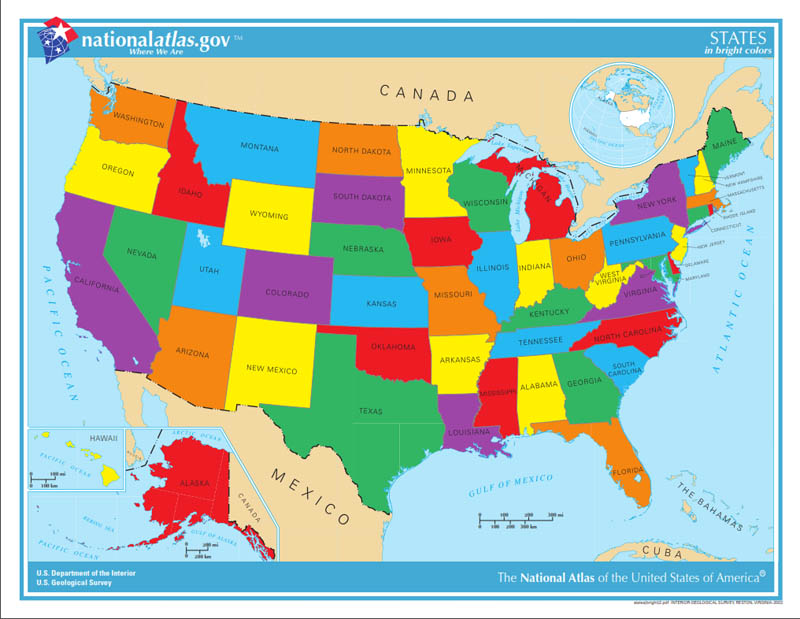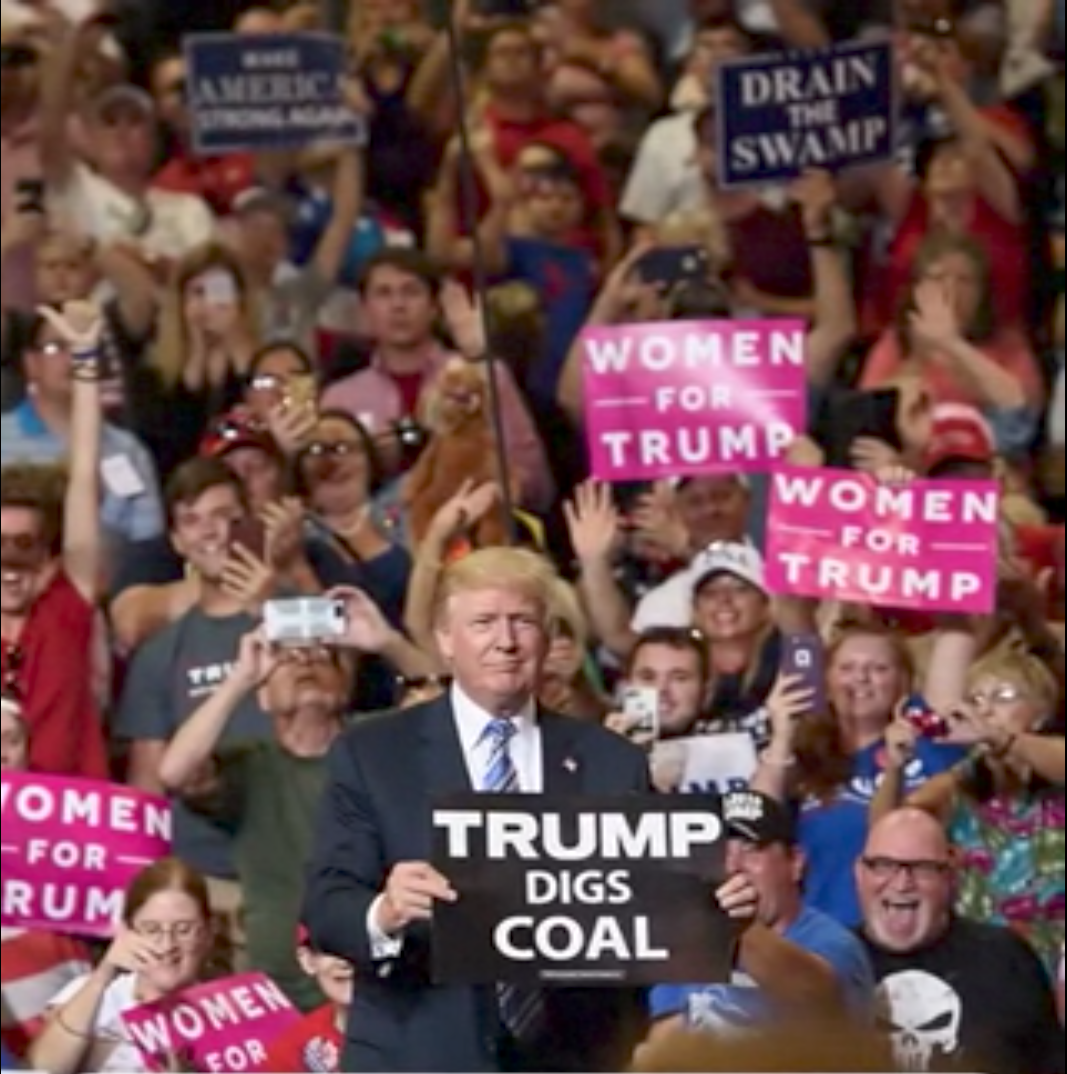energy law
2026: The Year Ahead
Here are six big things to watch.
What to watch for environmentally in 2026: court tests of Trump’s power, midterms, China, grid issues, and state energy moves. In 2025, Trump rolled out new initiatives at a dizzying rate. That story, in one form or another, dominated the news. This year, much of the news will again be about Trump, but he will have less control of the narrative. Legal and political responses to Trump will play a greater role, as will economic developments. Trump’s anti-environmental crusade could run into strong headwinds.
CONTINUE READINGThe Legal Barricades Protecting State Climate Policy
The general legal landscape favors state regulatory efforts.
The upshot is that it will be very challenging for the Feds to overturn state emissions regulations of power plants and other facilities. The statutory and doctrinal landscape are favorable for states playing defense, and the Supreme Court seems if anything more favorable to the states than the national government. Of course, these general observations leave plenty of room for litigation over the fine points, and the Feds could win some cases. But the states start the contest with an advantage.
CONTINUE READINGGuess What? The Next 2 Weeks Are “National Energy Dominance Month”
October 17-31 has now been proclaimed to be an entire month, courtesy of Trump.
“National Energy Dominance Month.” So typical of Trump: a bungled exercise in foolish bravado. The “bungled” part is that they forgot to designate October as a special month until it was halfway over. The “bravado” saturates almost every sentence, combined with the fact that the blustering has no practical effect. And the “foolish” part is about bad energy policy and bad economics. To expand supply, he needs higher prices, but that would hurt him politically. And there’s no reason to think foreigners would pay them.
CONTINUE READINGGas Utilities Can Do Better on Neighborhood Electrification
The state’s largest gas utilities are trying to delay priority zones for decarbonization and to block public access to important data. The CPUC should push them to do more.
Last fall, I wrote about the promise of SB 1221, a law that created a pathway for the California Public Utilities Commission (CPUC) to approve pilot projects that will support priority “neighborhood decarbonization zones” to transition away from building gas service toward zero-emissions alternatives, including electrification and thermal energy networks. Now, the gas utilities have …
Continue reading “Gas Utilities Can Do Better on Neighborhood Electrification”
CONTINUE READINGPerhaps the Least Qualified FERC Nominee in History
Trump’s nominee seems to have essentially no relevant experience or expertise.
LaCerte has had one brush with energy regulation. He was a special counsel at the big ouil and gas law firm, Baker Botts for two years, starting in January 2023. While there, he worked on energy litigation and environmental safety and incident response issues. None of that has much to do with FERC,
CONTINUE READINGThe Emperor’s New Endangerment Theory (Wrap-Up)
Trump’s EPA says carbon emissions from U.S. power plants are too insignificant to regulate.
U.S. power plants emit 1.5 billion tons of carbon dioxide a year, a little less than the entire country of Russia. The Trump Administration is proposing to end all regulation of carbon emissions by power plants, on the theory that these emissions should be considered insignificant. They have some complicated legal arguments , but the arguments break down the more closely you look at them.
CONTINUE READINGCan Trump Save U.S. Coal? Not likely.
“Beautiful clean coal”, as Trump calls it, is inexorably declining.
The title of one of Trump’s executive orders is “Reinvigorating America’s Beautiful Clean Coal Industry.” That order says, “it is the policy of the United States that coal is essential to our national and economic security.” But Trump’s efforts seem unlikely to make a dent in the long-term, global malaise of the coal industry, or its sharp decline in the U.S.
CONTINUE READINGNo, DOE, You Can’t Roll Back Product Efficiency Standards
Congress wanted greater energy efficiency over time and banned rollbacks.
The Department of Energy is proposing to rescind key energy efficiency requirements. It is beyond ironic that it is attempting to do so at a time when the President has proclaimed an energy emergency. Trump says the grid is struggling desperately to meet surging power demand. That’s a strange time to eliminate regulations that are saving energy. DOE’s action is also illegal, because the law in question has a provision prohibiting rollbacks. Congress wanted efficiency standards to get tougher over time and included an anti-rollback provision to make sure of that.
CONTINUE READINGJust How Endangered is Clean Energy?
The Trump administration wants to slow the U.S. clean energy transition. Will it put energy investments in a deep freeze or a temporary chill?
Business investment decisions rely on stability. And stability is in short supply so far in this Trump administration. Instead, we’ve seen an erratic blitzkrieg of activity on tariffs, federal funding, and deregulation that has spooked all sorts of industries. That’s partly why Heatmap News has declared Trump “Degrowth Donald,” and why my Legal Planet colleague …
Continue reading “Just How Endangered is Clean Energy?”
CONTINUE READINGTest Your Knowledge of Climate Law
How much do you really know about the law relating to climate change?
How much do you really know about climate law? Expert or novice, this quiz will test your knowledge and maybe help you fill in some gaps.
CONTINUE READING













